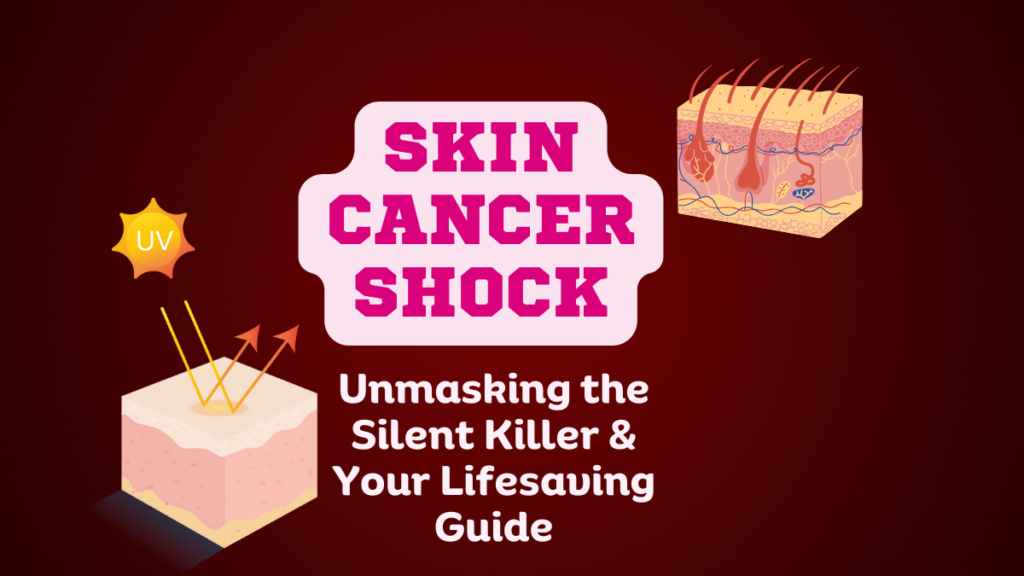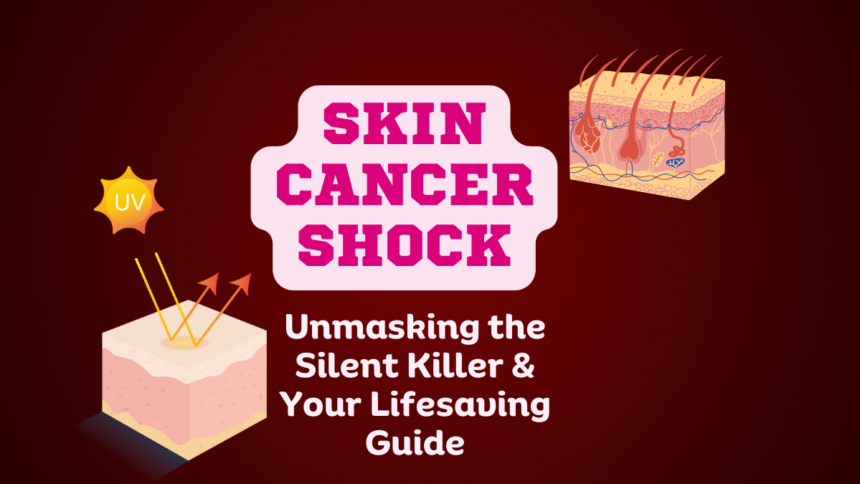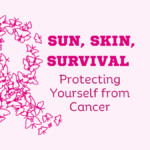Skin Cancer Shock: Unmasking the Silent Killer & Your Lifesaving Guide
Introduction
Skin cancer shock is a term that aptly describes the alarming surge in skin cancer cases globally. This silent killer, often overlooked due to its seemingly benign nature, can wreak havoc if undetected. The good news is, early detection is your most powerful weapon. Let’s delve into the shocking realities of skin cancer, its risk factors, and the crucial steps to protect and safeguard your skin.

Understanding the Skin Cancer Epidemic
Skin cancer is no longer a distant threat; it’s a pressing health concern affecting millions worldwide. The rise in cases is attributed to several factors:
- Ozone depletion: Increased UV radiation exposure
- Lifestyle changes: Growing popularity of tanning beds and sun exposure for recreational activities
- Aging population: Higher susceptibility to skin cancer with age
Spotting the Signs: Early Detection is Key
Early detection is paramount in the battle against skin cancer. Familiarise yourself with the ABCDE rule for identifying suspicious moles:
- Asymmetry: Irregular shape
- Border: Uneven or ragged edges
- Colour: Variations in colour
- Diameter: Larger than a pencil eraser
- Evolving: Changes in size, shape, or colour
If you notice any of these signs, consult a dermatologist immediately.
Protect Your Skin: Sun-Smart Habits
Prevention is the best defence against skin cancer. Embrace these sun-smart habits:
- Seek shade: Limit sun exposure, especially during peak hours
- Cover up: Wear protective clothing, hats, and sunglasses
- Apply sunscreen: Use broad-spectrum sunscreen with SPF 30 or higher daily
- Avoid tanning beds: These devices emit harmful UV rays
- Regular self-exams: Check your skin regularly for any changes
Skin Cancer Treatment: Hope and Healing
While skin cancer can be daunting, advancements in treatment offer hope. Treatment options include:
- Surgery: Removal of cancerous cells
- Chemotherapy: Medication to kill cancer cells
- Radiation therapy: High-energy rays to destroy cancer cells
- Immunotherapy: Boosting the body’s immune system to fight cancer
- Targeted therapy: Drugs that target specific cancer cells
Conclusion
Skin cancer shock should serve as a wake-up call. By understanding the risks, practicing sun safety, and conducting regular self-exams, you can significantly reduce your chances of developing skin cancer. Remember, early detection saves lives. Prioritise your skin health and make sun protection a lifelong habit.











